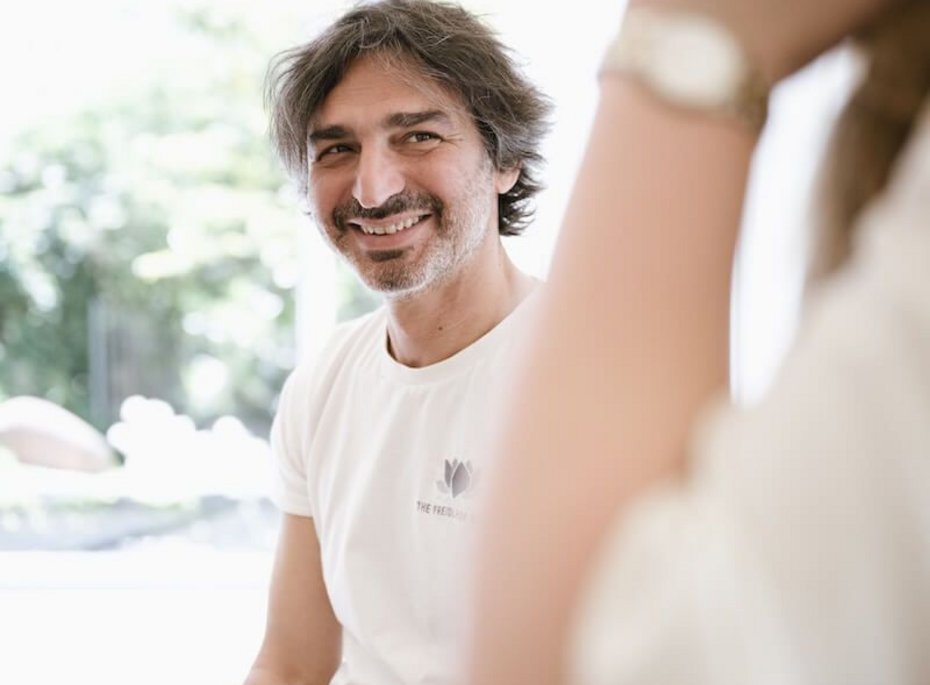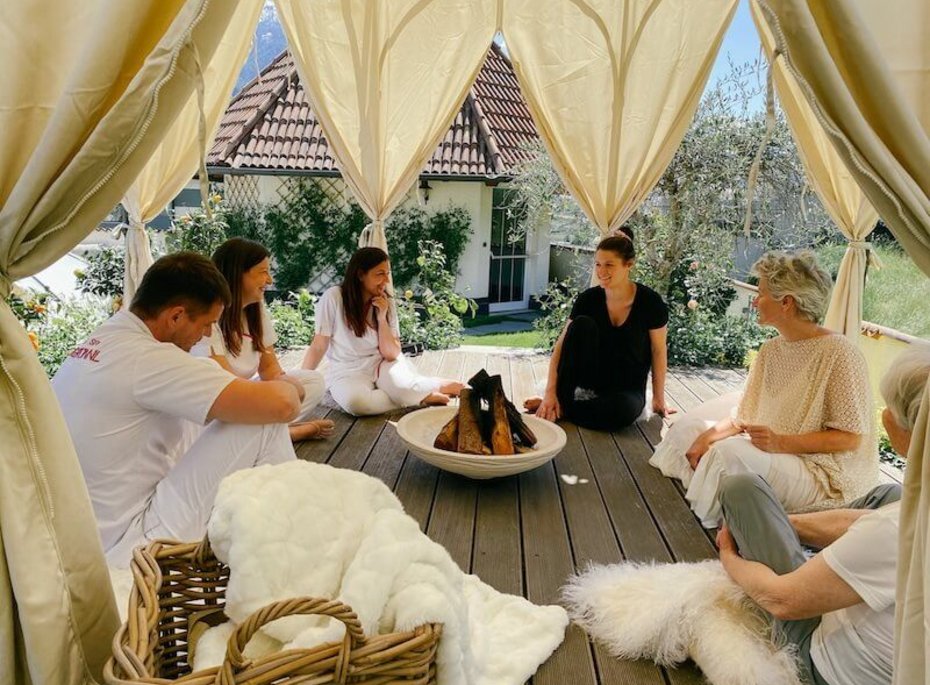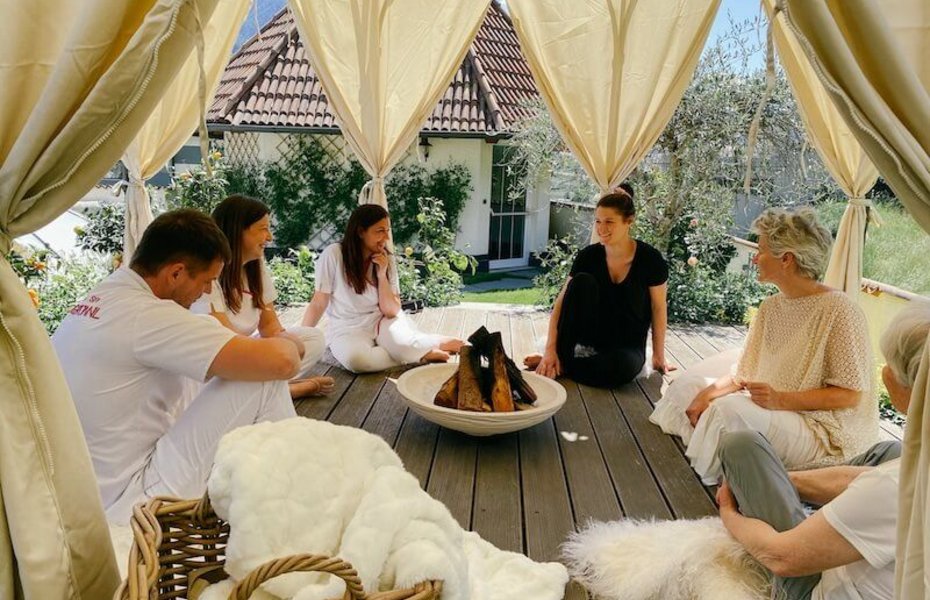According to Dr. Robert Waldinger, professor of psychiatry at Harvard Medical School in the US, relationships are key to living longer, happier lives. Outcomes from the longest-running study of human happiness show that strong relationships are one of the biggest factors in people’s overall wellbeing as they age – and close relationships, more than money or fame, are what keeps people happy throughout their lives. These ties were found to delay mental and physical decline and proved to be better predictors of long and happy lives than social class, IQ or even genes.
“It’s about opening our hearts,” explains Patrizia Bortolin, Preidlhof’s Spa and Wellness Concept Creator. “Shared moments together, whether with family, partners, or friends, break down social barriers and create joyful memories vital for sustained happiness.”
At Preidlhof, we believe there are many ways to enhance social wellness, and the following suggestions reflect our holistic approach to fostering deeper, more meaningful connections:

Tips to Improve Your Social Wellness
Power off
“Power down – even better, power off your devices to be genuinely present with others and cherish your personal time.”
Nurture existing relationships
Even if you don’t see friends and family regularly be sure to check in with simple messages or short calls to maintain connection.
Be open to new connections
Regardless of your age or stage in life stay open-minded about meeting new people. Simple interactions like chatting briefly with a stranger or bonding over shared interests can nurture mental wellbeing and even lead to lasting friendships.
Be an active listener
Focus on truly hearing what others say rather than planning your response, showing genuine interest and engagement.
Try something new
Join groups such as writing clubs, pottery classes, or fitness groups to meet like-minded individuals and build emotional bonds.
Become part of your local community
By volunteering with organizations with a common goal. Volunteer with local organizations that resonate with your values and interests, expanding your community connections.
Set healthy boundaries
by always honouring your own needs. Never be afraid to say ‘no,’ without guilt, if something or someone does not resonate with you. Respect your own needs by confidently saying "no" without guilt when necessary, safeguarding your emotional wellbeing.
Practice kindness
Science has shown that small, often random, acts of kindness or words of appreciation can strengthen bonds and create positivity in your relationships.
Support others
Become a reliable support system for friends, family, and colleagues, offering encouragement and a compassionate ear.
###COL_BEGIN###

